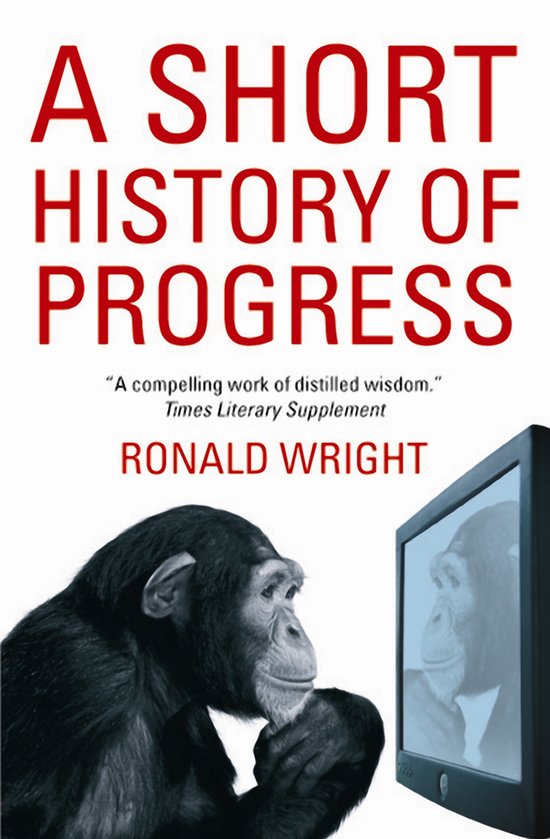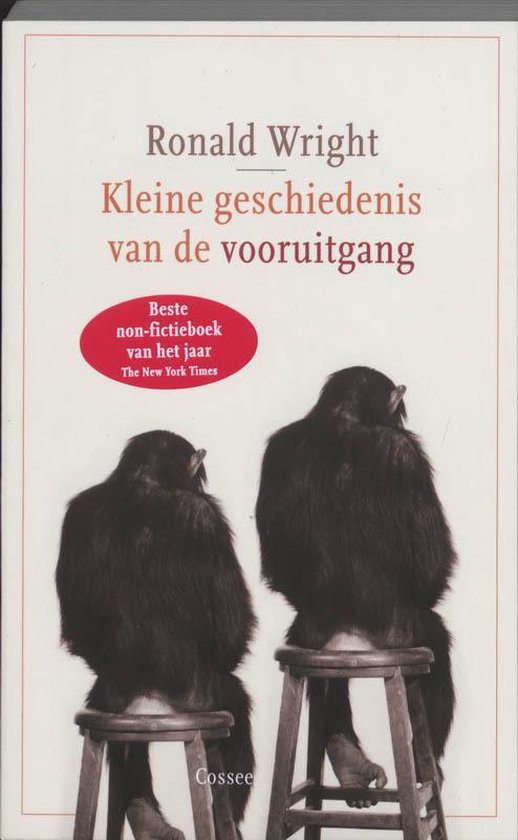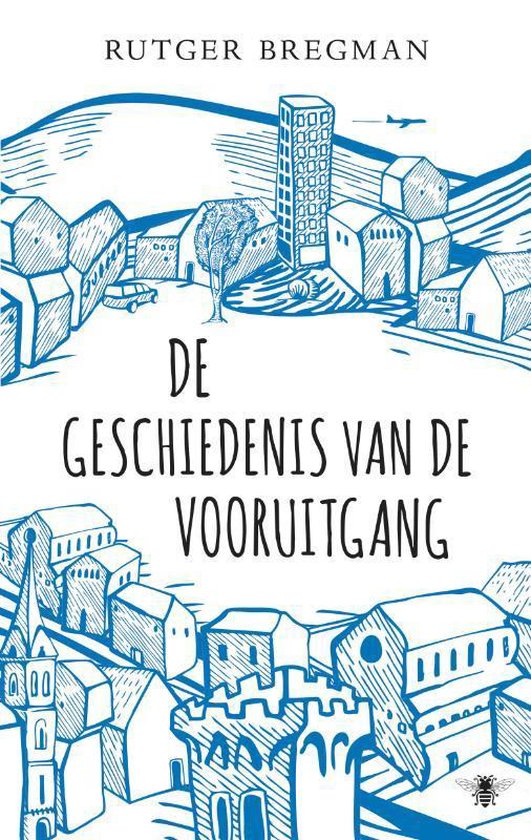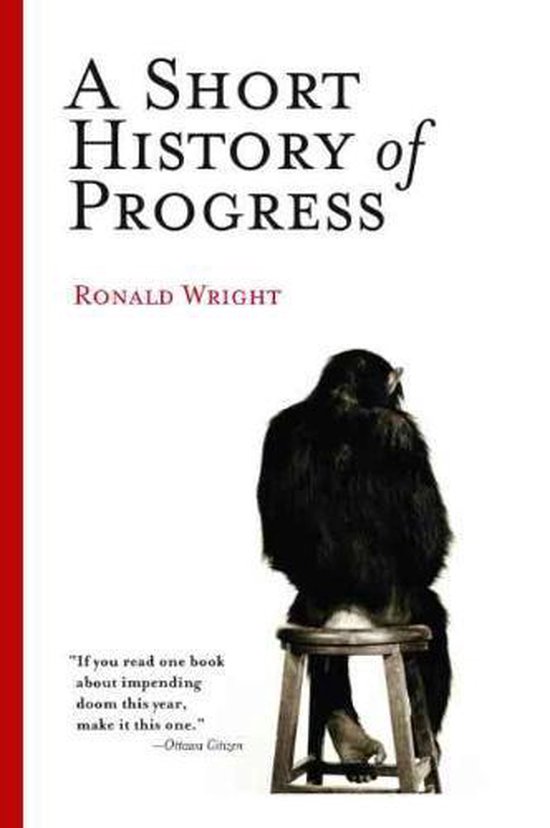
Short History Of Progress
Have we learnt the lessons of the past - or will we be next? Many of the great ruins that grace the deserts and jungles of the earth are monuments to civilisations which fell victim to their own success: from Easter Island's monolithic wilderness to the perpetual silence of the Mayan ruins and ultimately to today's melting ice caps
and growing ozone hole, the cycle has continually repeated itself across the years.
"Unfailingly provocative and scarily persuasive." Scotsman
"The author sifts the findings of archaeology and anthropology with thoughtful grace to build a potent argument." Guardian
"I was thoroughly shaken up by Ronald Wright's A Short History of Progress, a brilliant analysis of everything humanity has done to ruin itself down the ages." Jan Morris, Independent
"Wise, timely and brilliant." Globe and Mail
Palaeolithic hunters who learnt how to kill two mammoths instead of one had made progress. Those who learnt how to kill 200 by driving a whole herd over a cliff had made too much.
Many of the great ruins that grace the deserts and jungles of the earth are monuments to progress traps, the headstones of civilisations which fell victim to their own success. The twentieth-century´s runaway growth has placed a murderous burden on the planet.
A Short History of Progress argues that this modern predicament is as old as civilisation. Only by understanding the patterns of progress and disaster that humanity has repeated since the Stone Age can we recognise the inherent dangers, and, with luck, and wisdom, shape its outcome.
| Auteur | | Ronald Wright |
| Taal | | Engels |
| Type | | Paperback |
| Categorie | | Mens & Maatschappij |





